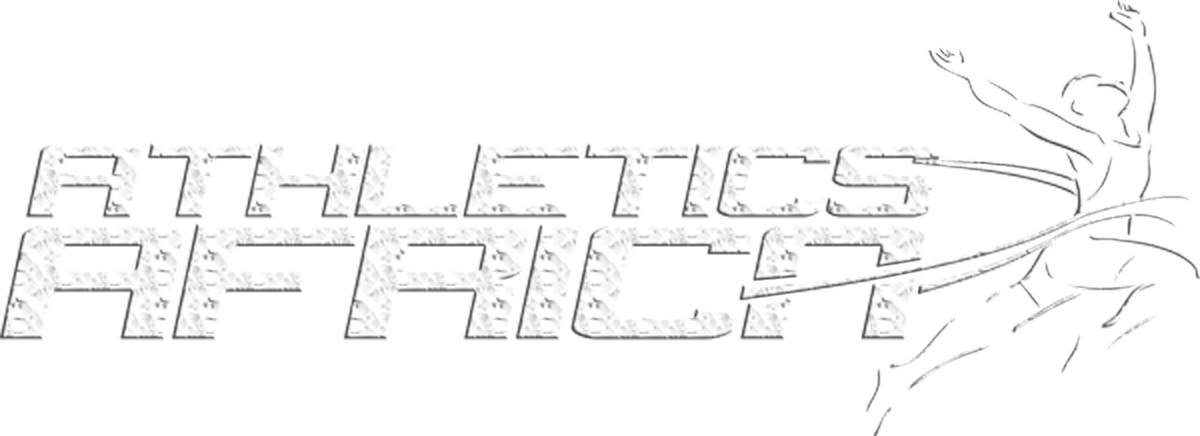The requirement for a master’s degree in sports for the position of the head coach of the Ethiopian national team has sparked discontent among the current coaches.
The Ethiopian Athletics Federation recently implemented new mandatory requirements for national head coach posts. This decision has significant implications for former national team coaches, many of whom have expertise that is primarily based on experience.
Under the leadership of the newly elected president, Commander Sileshi Sihine, a celebrated athlete with a renowned career, the federation’s executive board engaged in discussions with coaching professionals regarding the criteria necessary for appointment as a head coach for the national team.
According to the newly established rules, any candidate wishing to serve as head coach during major events must possess a master’s degree in sports science, a requirement that none of the previous coaches currently meet.
Additionally, aspiring coaches must hold a Level 3 coaching certificate from the World Athletics and must have completed a minimum three-month coaching programme abroad.
This policy has caused considerable dissatisfaction among former national team coaches, who believe that their vast experience in the field should be prioritised over formal educational qualifications.
Many contend that this emphasis on academic requirements could impede the advancement of Ethiopian athletics, potentially stalling their development instead of fostering it.
During a discussion event, they shared their concerns, highlighting that even well-educated coaches often struggle with basic tasks such as using a stopwatch.
The Ethiopian Athletics Federation recognises that the recent challenges in performance during the Olympic Games and world athletics events can be linked to existing coaching methods. They are optimistic that reforming and enhancing the coaching system can foster a positive transformation in the country’s sports achievements.
This new provision has been introduced that permits coaches who have successfully developed at least seven national team athletes to join the national coaching staff. In addition, the contributions of other coaches who have played a significant role in nurturing athletes in the national team will also be acknowledged.
Numerous Ethiopian athletic coaches have historically employed training methods that have drawn significant criticism for their effectiveness.
Critics argue that these outdated techniques have not only limited athletes’ performance but have also stalled the progress of athletics in the country. Consequently, this has resulted in missed opportunities for talented individuals who aspire to excel on the global stage, overshadowing their potential and ambitions.
Meet The Authors
Arega Kefelew is an Ethiopian journalist based in Oslo, Norway. He holds a Bachelor of Arts - BA Journalism from the Mekelle University.



